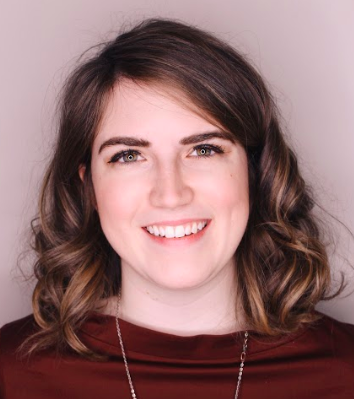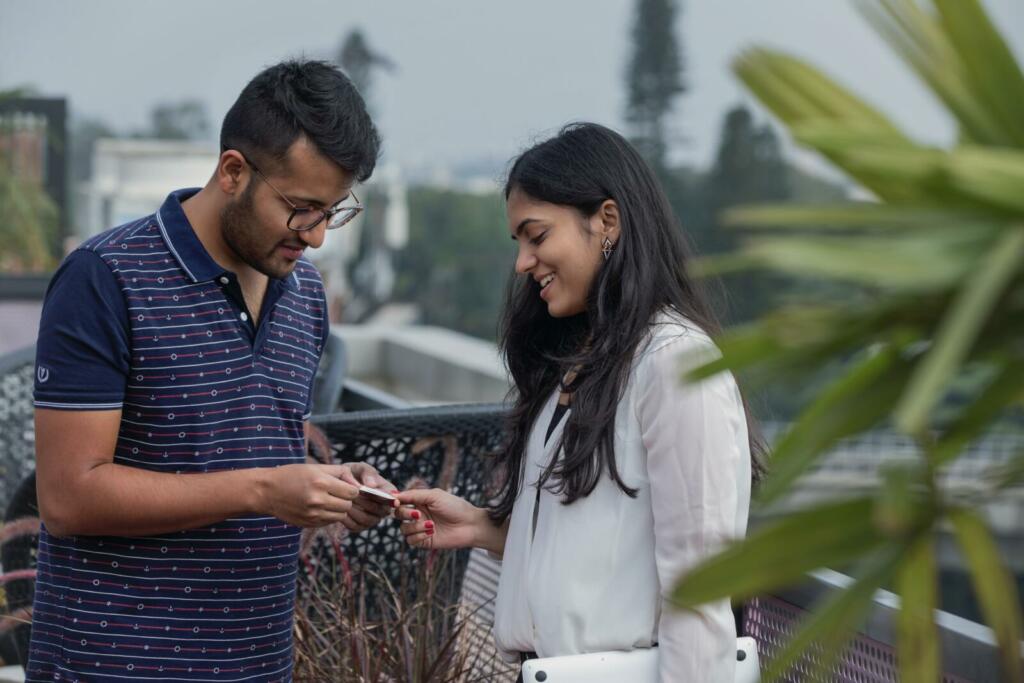Disclaimer: The views and opinions expressed in this blog are those of the author and do not necessarily reflect the views of McGill Law, University of Toronto or other students who are part of those institutions.
There are so many synergies between law and health. We know this in public health because we brush up against the boundaries of law all the time. Law influences statutes, and statutes regulate who gets what kind of care, and how it’s paid for. Law justifies discrimination that stifles cultural traditions, job prospects, housing conditions and opportunities to mobilize. Law sanctions corporate greed, which makes the market more inhospitable for everyday people. And as the law allows certain people to rise up, it simultaneously criminalizes those who can’t.
I wrote about this relationship in my cover letter. I wrote about the promise of Medical Legal Partnerships, my experiences as a queer survivor of sexual assault, and not just where a law degree could take me, but where it could take us, together. On my first day, the Dean’s commencement speech echoed this potential. I looked around the sea of beaming students, eager to make friends so we could get down to business.
By day two, I had an argument about harm reduction with someone who felt like people who use drugs are morally unworthy of legal protections. By week three, I met a classmate who “didn’t see colour”. By the end of my first semester, one of my professors thought two racialized students who often sat together were sisters. In the middle of my second semester, we had a class discussion about whether “transgendered” people should be mandated surgery in order to have “accurate” identity documents.
To be clear, conversations like this are not unique to law, but I was surprised by how exhausted and emotional I became. This wasn’t abstract hypothetical queries, my classmates were talking about me, my partners, friends and family. I’m not going to sugarcoat it. This year was by far the hardest of my life, and I cried my way through finals. I felt like I had failed, or meandered too far away from the reason I chose law school in the first place.
On some days, I think it’s better to be subjected to the realities of violence, instead of tiptoeing around it, like I find sometimes in public health circles. On other days, I couldn’t bring myself to campus. Buckling under my mandated course load (of 6 courses a semester), I began to distance myself from my peers, events and other commitments. I was perceived as grumpy, evasive and anti-social. I did this both to protect myself and evade my insecurities. I didn’t want to know people, and people didn’t want to know me. The cycle of loneliness continued. This is something I still struggle with today.
Yet, I consider myself very fortunate to be learning what I currently am learning. As law students, we are taught to protect the best interests of who we represent, and I choose to represent my community. Slowly, I am learning how to speak the language of law, how to translate lived realities into fact patterns, how to construct and predict arguments that can stand up to injustice. Perhaps most importantly, I also am starting to learn how the law is porous and malleable, not stiff and boundaried as public health often imagines. This has the potential for change, and I stay hopeful for when it happens.
I also think that health promotion compliments law in important ways. Of course, health promotion teaches you the practical skills of knowledge translation, evaluation, program design: all of which has its parallels in law. However, at its core, health promotion is about seeing people as people; multi-faceted, flawed, and just doing the best they can with what they have. Health promotion teaches us how interpersonal and systemic change are equally important; how our lives are interlocked between our family, community and institutional ties. I won’t lie, these skills are often undervalued in law over other disciplines like political science and history (no matter how much any law program touts their “diversity of thought”), but trust me. They will come in handy in that internship, that job, that first hard conversation with a client or colleague. I don’t love law, but I do love how it can be actioned through other disciplines. In a way, it teaches me that career fulfillment is less about how the work affects my day-to-day life, and more about how the work can change others.
Many believe that the legal system is accessible to everyone, it’s just a matter of reaching them. I fundamentally disagree, I think the legal system was built to center some at the cost of others. It is necessary to push people out in order to function the way it does, to minimize liability and maximize profit. I imagine a world where we are liberated from our legal system, where prisons are abolished, government is honest and people have their basic needs met. Until then, I’ll learn what I need, share what I can, and try my best.






